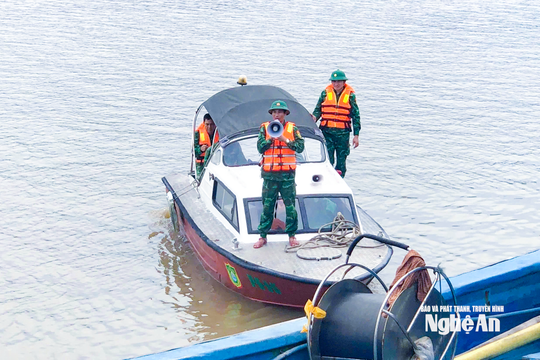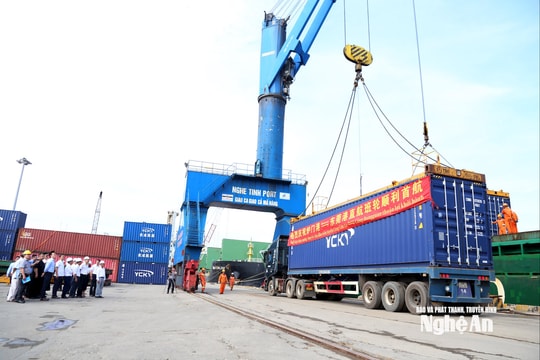US Admiral: US warships can go anywhere international law allows
On November 3, a top US admiral declared in the heart of Beijing that the US military will continue to operate wherever international law allows.
The statement was made a week after the US angered China by sending warships close to artificial islands that China illegally built in the East Sea.
 |
| Admiral Harris. Photo: Glassalmanac. |
“International waters and airspace belong to everyone, not to any one nation,” Admiral Harry Harris said at the Stanford Center at Peking University.
“Our military will continue to fly, sail and operate anytime and anywhere international law allows,” Admiral Harris added. “The South China Sea is not and will not be an exception.”
Harris is the commander of the US Pacific Command. His statement in the Chinese capital was a sign of US resolve in the vital waterway, where Beijing is illegally converting rocks and reefs into artificial islands with military facilities.
Beijing claims sovereignty over almost the entire East Sea based on the nine-dash line that first appeared on Chinese maps in the 1940s.
Harris described Beijing's claim as “vague” and based on the “so-called nine-dash line.”
Washington has repeatedly said it does not recognize China's claims to territorial waters around the artificial islands.
Last week, the guided-missile destroyer USS Lassen entered within 12 nautical miles of one of the artificial islands that China illegally built in Vietnam's Spratly Islands.
 |
| US warship Lassen. Photo: US Navy. |
Washington said sending warships here was to protect freedom of navigation according to international law, which they said was being threatened by China's activities.
US Admiral Harris said the US Navy's move was aimed at "preventing the breaking of international law and practice".
“We have been exercising freedom of navigation around the globe for decades, so there is no surprise in that,” he said.
Admiral Harris' comments are part of a dialogue between Beijing and Washington on the South China Sea issue.
To avoid tension, he made some more conciliatory remarks, praising US-China relations and pointing out that Chinese and US ships are visiting each other's ports.
“Some predict that our two countries will clash,” Harris said in a speech. “I do not share that pessimistic view.”
“Although we have certain disagreements on some issues, especially the East Sea,..., there are still areas where we have common ground.”
Two days after the US destroyer USS Lassen sailed close to an artificial island built by China, the US naval operations chief spoke with his Chinese counterpart via video call.
The remote exchange between US Admiral John Richardson and Chinese naval commander Admiral Wu Shengli was “professional and constructive,” US officials said.
However, Xinhua news agency interpreted Mr. Wu's words as a warning to his opponent: "If the US continues this kind of dangerous provocative behavior, there may be serious situations between the parties at sea and in the air, and even minor collisions that could cause conflicts to break out"./.
According to Vov
| RELATED NEWS |
|---|


.jpg)




